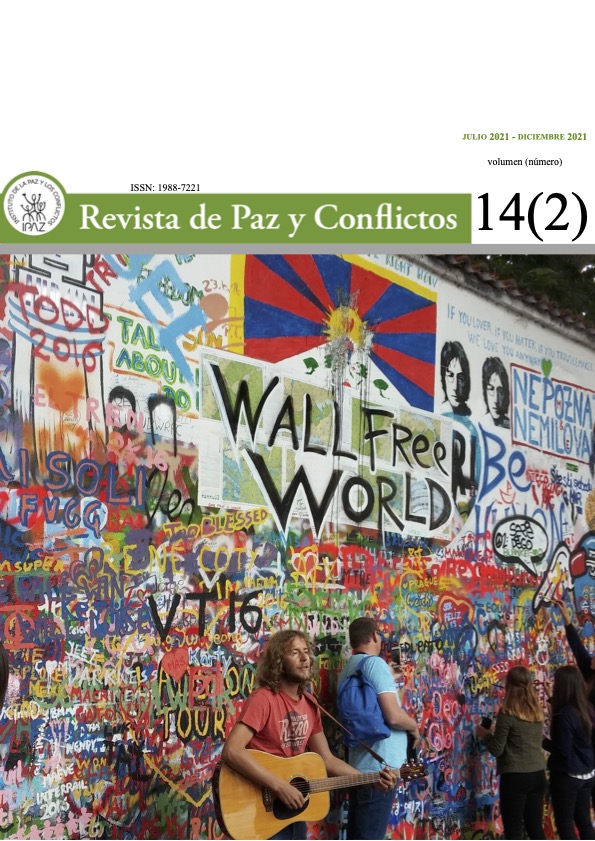School failure in contexts of exclusion. A challenge for the culture of peace.
DOI:
https://doi.org/10.30827/revpaz.v14i2.21687Abstract
This paper is distilled from a research that has analysed the work, inclusion and resilience generated by a socio-educational network that has operated in a context of extreme social exclusion.
This article focuses on the situation of school failure experienced by children and adolescents in this context, in order to analyse it within the framework of the culture of peace.
Using the Case Study as a research methodology, the main data collection techniques were: 'Focus groups', 'Semi-structured interviews' and 'Observations'. And the numerous sources of information were: in addition to all the entities that make up the aforementioned socio-educational network; children, adolescents and families; and other relevant agents linked to the reality under study.
The results highlight the most significant difficulties that these children face in the school, where they are alienated. Academicism has distorted the work of education in the compulsory stages, in pursuit of the segregation of the population, rather than the development of individuals. School mechanisms are used to ratify this. The right to education for all with no exception must be guaranteed, in the interests of equality of opportunity and overcoming determinism. And the transformation of the social culture of these environments is required, particularly for families, regarding the value of education as a means of growth and progress.
Providing them with a less hostile environment and improving their living conditions would result in an evolved culture that would facilitate their vital development
Downloads
Downloads
Published
How to Cite
Issue
Section
License
Esta obra está bajo una licencia internacional Creative Commons Atribución 4.0.














